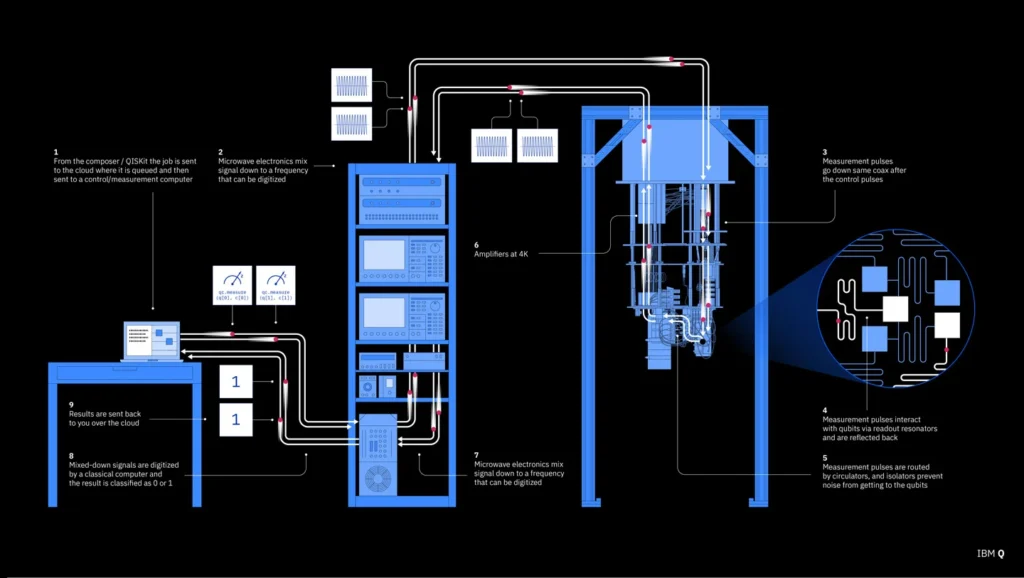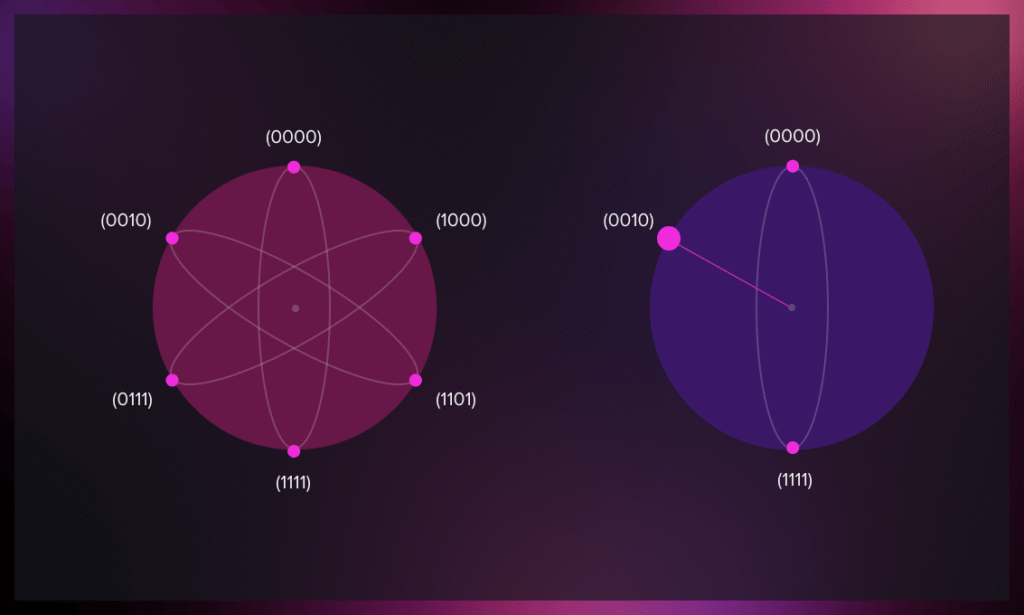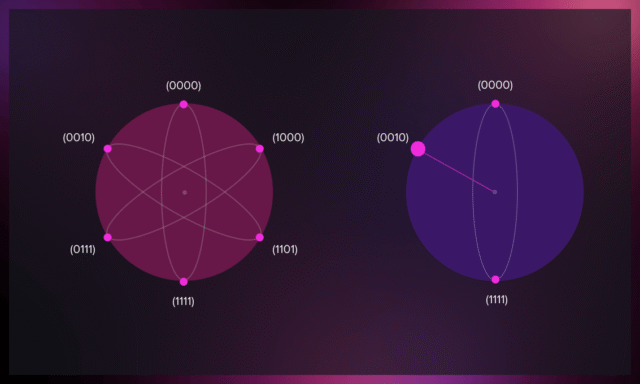As Nigeria and the rest of Africa pivot into the digital age, one question looms large: what does the buzz around Quantum Computing really mean for our tomorrow? In this detailed piece, we break it down – where we stand today, the promise ahead, the hurdles we face, and how Africa can harness this frontier technology to transform our continent’s future.
Table of Contents

What is Quantum Computing – and why care?
Let’s start with the basics. Quantum Computing is a new breed of computing based on quantum mechanics—the laws of nature that govern subatomic particles. Unlike classical computers, which process information in bits of either 0 or 1, quantum machines use qubits which can exist in multiple states at the same time (thanks to superposition). They can also become entangled, meaning measurements on one qubit instantly affect another—even if they’re far apart. In plain words: quantum computers promise to solve certain complex problems exponentially faster than normal machines.
For Africa, this isn’t just science fiction. It could mean breakthroughs in health, finance, agriculture, and national security that we once thought impossible.
Africa’s quantum ecosystem is nascent—yet rising
Africa’s quantum story is just beginning—but it’s gathering momentum. In South Africa, processor access via IBM‑Q servers hosted at Stellenbosch University and Wits University is enabling students and researchers to experiment with real quantum hardware. Workshops at Ghana’s Kwame Nkrumah University have introduced developers to the subject. Initiatives like Quantum Quest and OneQuantum Africa are training young minds continent‑wide,
Scientific output is growing: South African researchers went from publishing about 50 quantum‑related papers in 2011 to around 200 today. Yet, compared to the world’s quantum heavyweights, Africa is still in the 1960s stage—building awareness rather than full hardware labs, according to ForbsAfrica.com.
Real uses that could transform African lives
a) Healthcare
Quantum computing can simulate biological molecules and accelerate drug discovery. It also enables quantum‑enhanced diagnostics and precision medicine, critical in areas plagued by infectious diseases and low healthcare infrastructure. Secure quantum communication can protect sensitive patient data across networks, according to the World Education Forum.
b) Agriculture
Quantum sensors can provide granular data on soil moisture, crop health, and yield prediction. Quantum‑powered models may lead to more efficient fertiliser production and optimise planting schedules—helping to tame hunger and boost food security.
c) Finance and cybersecurity
From credit scoring to fraud detection, quantum algorithms can transform risk assessment and portfolio optimisation. Meanwhile, quantum‑resistant encryption methods and quantum key distribution (QKD) promise stronger security for financial institutions and governments.
d) AI and optimisation
African startups in logistics, energy, and supply chain can benefit from quantum‑driven optimisations. Examples include route planning for transport, energy grid management, or dynamic pricing—applications where classical computing struggles.

The challenges we must overcome
Infrastructure gap
Quantum projects require high‑speed connectivity, reliable power, access to data centres and HPC systems—areas where many African countries lag behind. South Africa’s Centre for High‑Performance Computing (CHPC) is world‑class, but most of Africa still lacks such facilities.
Talent and education
There’s a big gap in skills—only a handful of African experts in quantum mechanics or quantum programming exist. Universities must embed quantum topics into courses, and public‑private partnerships need to invest in training programmes.
Costs and access
Setting up a full quantum lab with cooling systems and vibration control can cost millions. African countries are not yet building their own quantum machines, but rely on global cloud quantum platforms instead. Good news: cloud‑based quantum computing services (from IBM, Microsoft, Amazon and others) let startups and institutions access quantum tools remotely.
Security concerns
Once large‑scale quantum computers arrive, classical encryption (like RSA and TLS) could be broken. Africa must begin adopting post‑quantum cryptography and planning for quantum‑safe security now.
How Africa can move from lagging to leading
a) Build a continental quantum strategy
Subreddits and policy watchers have urged the African Union and national governments to adopt a unified strategy—similar to the era of nuclear tech in the 1960s—to avoid being locked out of quantum supply chains. A coordinated approach would enable resource pooling, shared talent and research funding.
b) Strengthen public‑private and international collaboration
Entities like AUDA‑NEPAD recommend forging partnerships with global leaders in quantum tech and investing jointly in R&D focused on African health and agricultural needs. Organisations such as Africa Quantum Consortium and Quantum Leap Africa already help bridge gaps.
c) Invest in education at all levels
From undergraduate physics to specialised quantum computing courses, universities across Nigeria, Kenya, South Africa, Ghana, Rwanda must embed quantum topics. Hackathons like Qiskit Camp Africa, online training in Quantum Quest, and mentorship from groups like OneQuantum Africa are essential.
d) Ramp up local access via cloud platforms
Just as cloud computing democratised access to server infrastructure, cloud‑based quantum platforms give African startups and labs a fast track into quantum research—without owning physical hardware.
Spotlight on Nigeria and Nigerian potential
Nigeria stands at a unique crossroads. With a growing tech ecosystem, innovative startups, and vibrant universities, the country is ready to lead in West Africa’s quantum movement.
- Federal universities could offer elective modules or labs in quantum computing.
- Lagos tech hubs might host quantum hackathons, bootcamps or collaboration sessions.
- Fintech companies—already advanced in digital payments—stand to benefit from quantum‑resistant security and predictive analytics.
- Healthtech startups can pilot quantum‑enhanced diagnostics or drug discovery simulations.
By aligning public policy, industry, and academia, Nigeria can become a regional hub—not just an observer—of the quantum transformation.
Looking ahead: what Africa must do first
Here’s a practical roadmap:
| Priority Area | Action |
|---|---|
| Policy & Strategy | AU and national governments publish a quantum readiness roadmap; regulators begin post‑quantum cryptography standards. |
| Infrastructure | Expand access to HPC and cloud, partner with CHPC‑style nodes, and support data centre expansion. |
| Education & Talent | Integrate quantum modules in university curricula, sponsor scholarships and bootcamps; support hackathons like Qiskit Camp. |
| Access Platform | Secure cloud‑based quantum platform partnerships—IBM, Azure Quantum, Amazon Braket, qBraid—for regional labs and startups. |
| Research & Startups | Seed grants for projects in agriculture, health, logistics that use quantum algorithms; support local quantum startups. |
| Security readiness | Begin migration planning to quantum‑resistant encryption; train cybersecurity experts in post‑quantum standards. |
A technology for Africa, by Africa
Africa has resources few other regions do: a young population eager to innovate, untapped rare‑earth mineral reserves essential for quantum hardware, and a rising ecosystem of tech hubs and universities. These elements offer the ingredients to build a truly African quantum narrative—not just consuming what others build, but contributing solutions addressing our unique needs.

Conclusion
The quantum revolution may still be on the horizon, but the investments we make in the next five to ten years will determine whether Africa leads or lags behind. Quantum Computing, once the preserve of elite labs, can now be accessed via cloud services, making it possible for African innovators to join the global race. With smart policy, focused education, and international collaboration, the continent can turn potential into practicality—transforming healthcare, agriculture, finance, cybersecurity, and more.
In summary, Quantum Computing Explained Simply: What It Means for Africa’s Future isn’t just a title—it’s a call to action. If we harness this emerging technology today, we could build the infrastructure, talent and innovation engine that powers Africa into the digital future.
Join Our Social Media Channels:
WhatsApp: NaijaEyes
Facebook: NaijaEyes
Twitter: NaijaEyes
Instagram: NaijaEyes
TikTok: NaijaEyes





